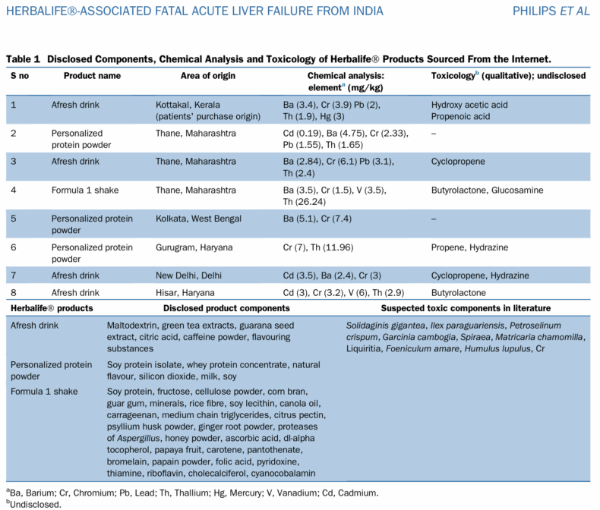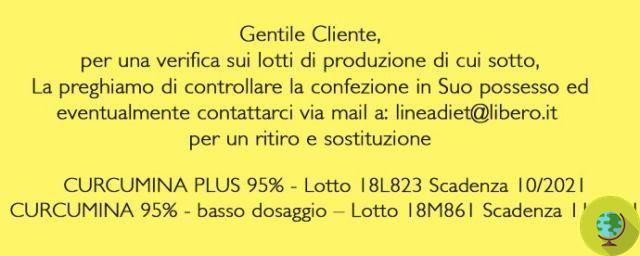
According to a recent study, food substitutes designed to lose weight may not be as effective as advertisements show
Don't store avocado like this: it's dangerousAccording to a recent study, food substitutes designed to lose weight may not be as effective as advertisements show.
According to a survey conducted in the United States, more than a third of the population said they use dietary meal replacements to lose weight or maintain fitness. Indeed, the number of those who bought these products has increased over the years, going from 33.7% (2007) to 39.6% (2016). However, according to a new study from the University of North Carolina, the boasted benefits of such products are not as good as the advertising suggests.
More and more people want to lose weight and many of them are turning to alternative products believing that they are 'natural' and 'clinically proven' products only because a doctor's prescription is not required to purchase them. Instead, despite the ease with which these are sold, these are products not yet studied well by experts, on whose risks have not yet been expressed, and not authorized for use by the Food and Drug Administration. Additionally, personal trainers and coaches who often recommend these products do not have the scientific expertise to suggest weight loss diets and supplements.
(Read also: The vegan diet is better for losing weight and lowering cholesterol than the Mediterranean diet. The study)
Researchers investigated and evaluated the slimming effectiveness of fourteen dietary supplements and therapies (including acupuncture, green tea, caffeine, calcium and vitamin D supplements, mind-body interventions). The results collected by the experts are statistical and incomplete, not sufficient to determine the effective effectiveness of the various methods and treatments. Many of the tests carried out have led to a reduction in body weight of 5% or less, therefore negligible effectiveness.
More accurate studies are needed to understand if the benefits are actually those described on the packaging of this product - he explains John Batsis, author of the study. - Only when we have produced reliable clinical data will we allow ourselves to advise our patients on the use of these slimming products. But not only that: the use of tablets and other weight loss products has been associated several times with an increased risk of diabetes, heart problems, cancer, premature death.
Fonte: The Obesity Society Journal
We also recommend:
- The curious trick before eating that helps you lose weight
- You won't believe it, but milk chocolate doesn't make you fat either. Provided you eat it within this hour
- The most effective way to lose weight while walking

























